To keep myself from going insane during this quarantine, I've been trying to fill my time with activities that are both enjoyable and productive. Going for runs, at-home workouts, walking my dogs, and cooking are all part of my daily routine now. I've also been trying to read more books.
I used to LOVE to read in middle and high school but somewhat lost that passion in college. Something about being forced to read hundreds of pages per night about political theory just takes it out of you.
I've been rekindling my love for reading these past few weeks and it has been great. When you can't leave your house, escaping into stories is a great way to pass the time. That being said, here are ten of my favorite books that you should totally read.
"The Stand" – Stephen King
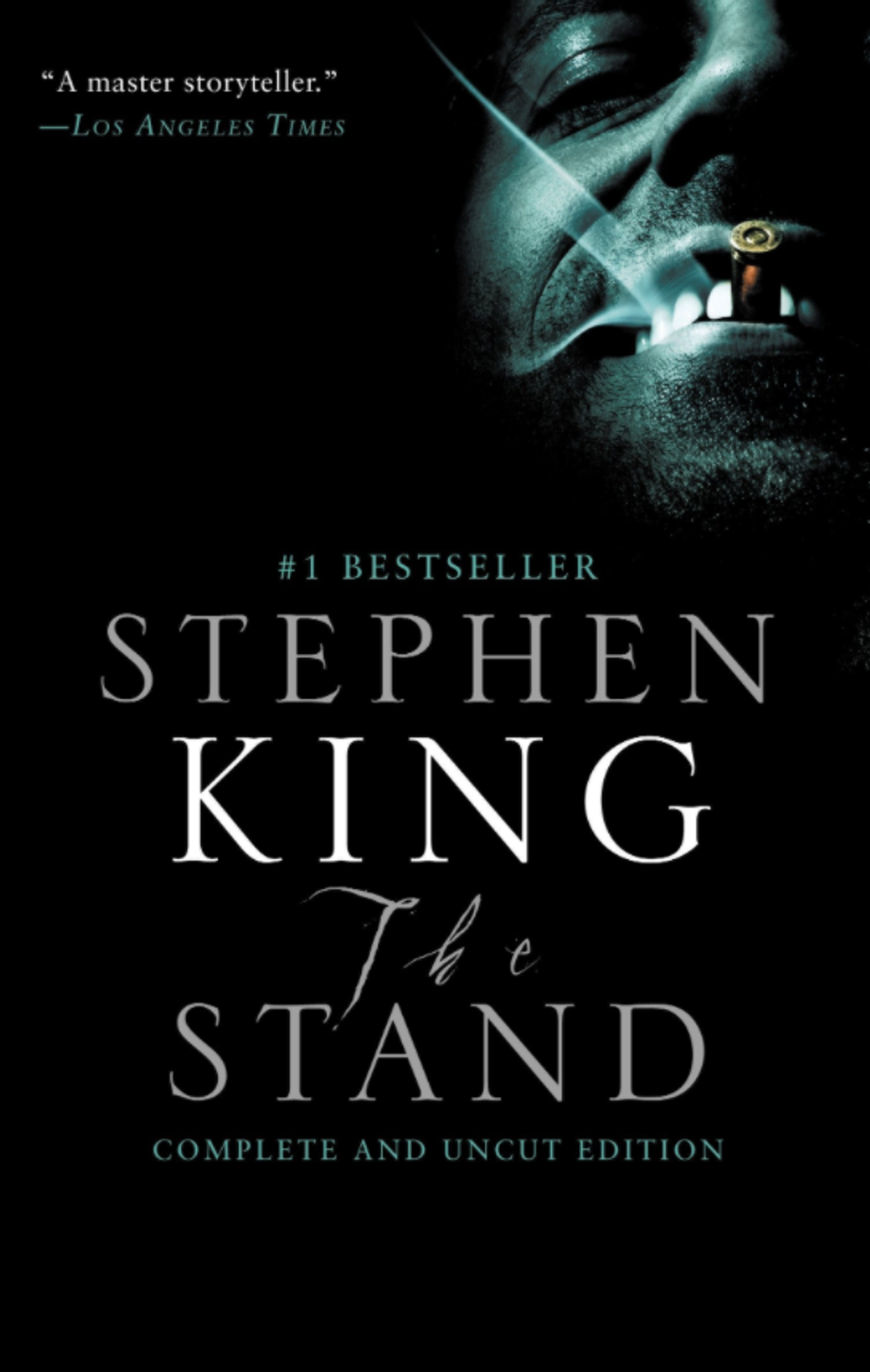
Though the plot of this story might hit a little too close to home right now, Stephen King himself assured us in a tweet that we are not living through this novel. The Stand tells the story of a group of Americans who are immune to a man-made virus that was accidentally released from an American testing facility.
The novel follows their journeys across the country and their gradual meet-up in Boulder, Colorado. In true King-fashion, the story ties together dystopian, political, good versus evil and even religious principles. This book is so captivating that you won't even notice it's approximately 1400 pages long. What else are you going to do in quarantine?
"The Catcher in the Rye" – J.D. Salinger
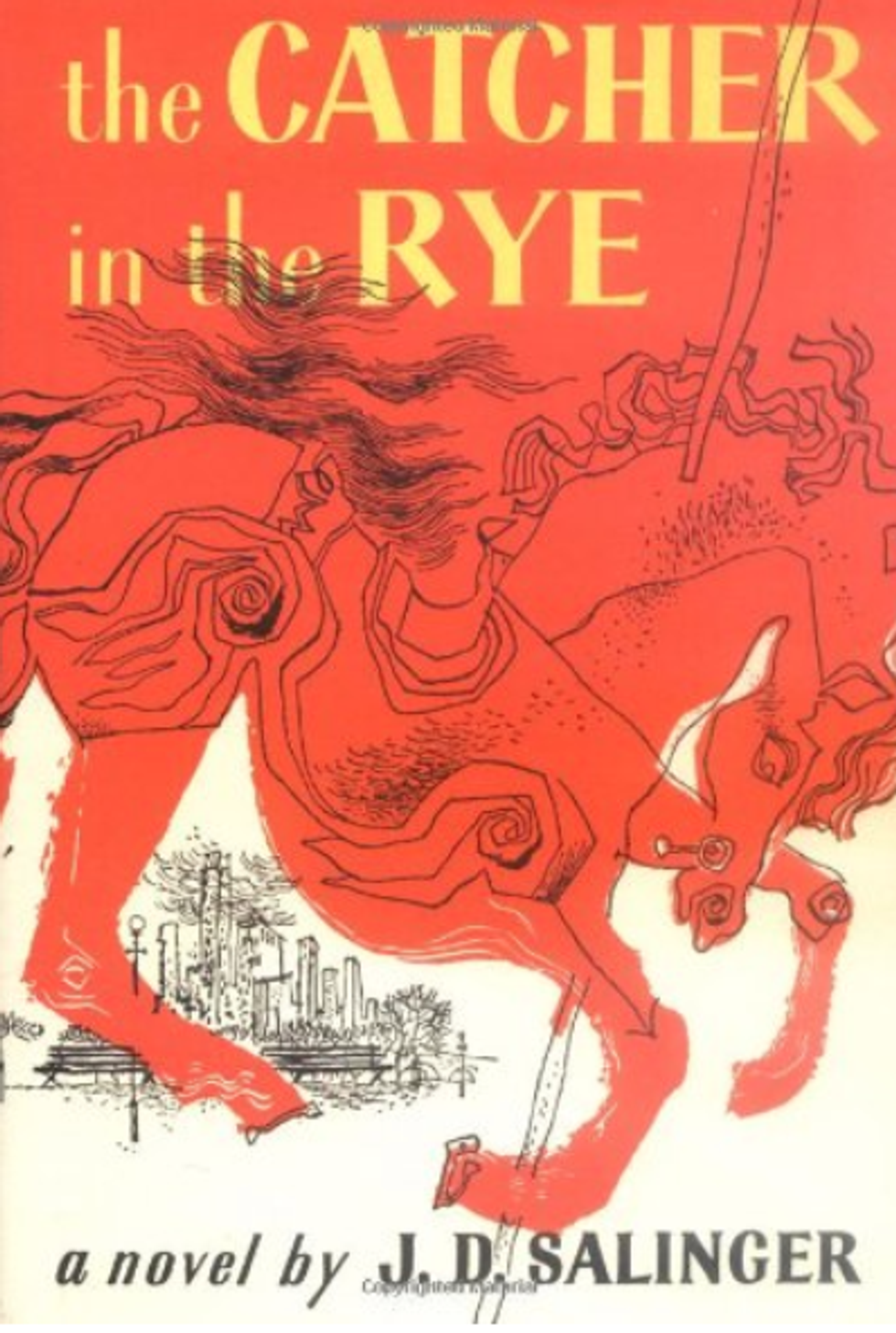
This book is an easy read-I read it in a single day. Approximately 250 pages long, The Catcher in the Rye details three days in the life of Holden Caufield and is narrated by Caufield himself. Toted as one of the first coming-of-age novels, this book was actually banned by schools and libraries for quite some time due to "foul language" and "sexual themes."
(Boy how times have changed.) The Catcher in the Rye sheds light on the realities of mental illness and anxiety in a light and humorous way. This is extremely refreshing in the midst of woke and politicized speech regarding mental health in 2020.
"The Great Gatsby" – F. Scott Fitzgerald
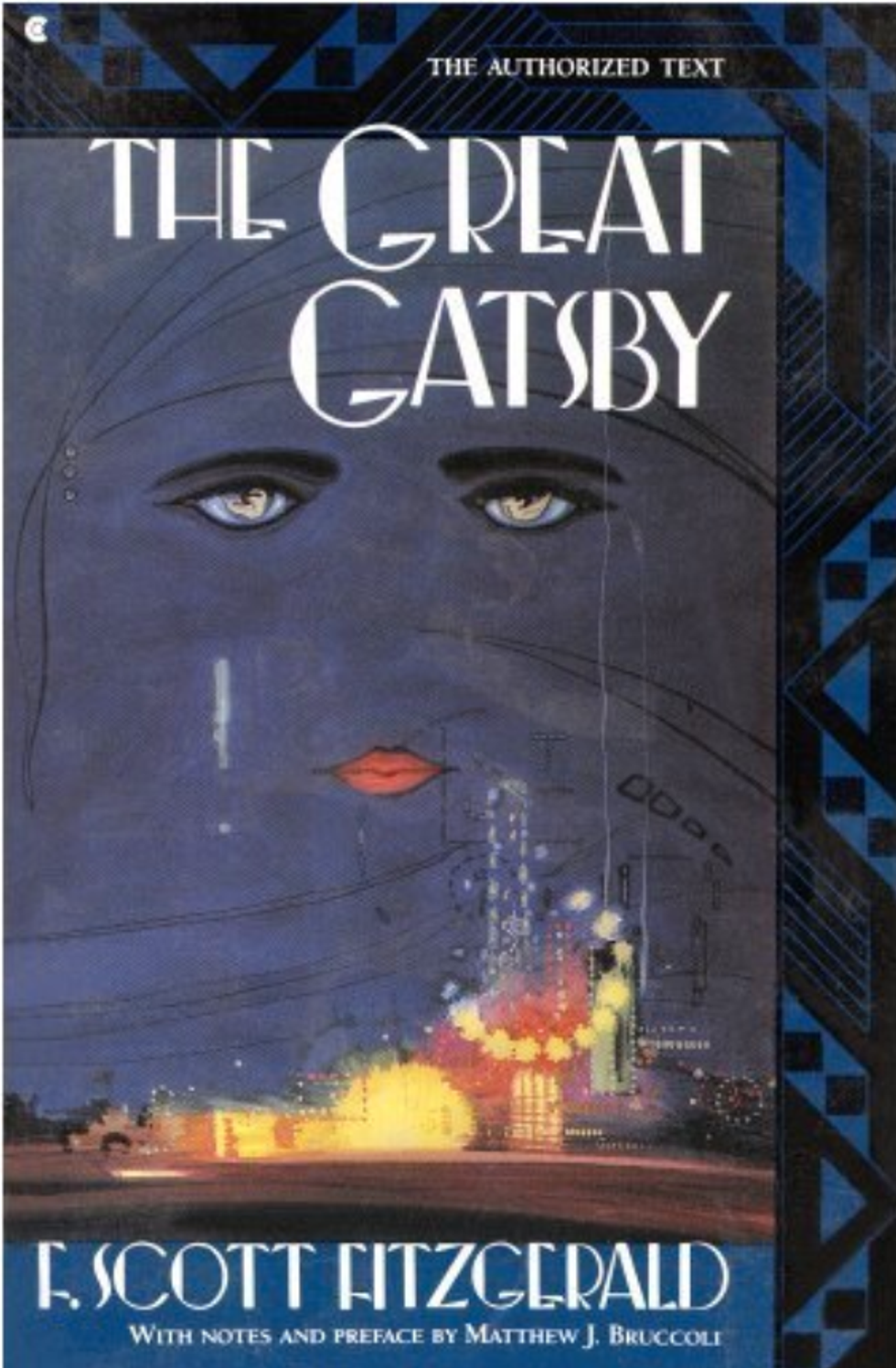
I read this book my junior year of high school. I loved it then and I love it now. Gatsby is beautifully written and eloquently tells the sad, troubled tale of Jay Gatsby and his lover Daisy during the Roaring Twenties. Fitzgerald highlights the existentialist and consumer culture leading up to the devastating crash of 1929. Another easy read, Gatsby is only about 200 pages long-perfect for a day in quarantine.
"The Merchant of Venice" – William Shakespeare
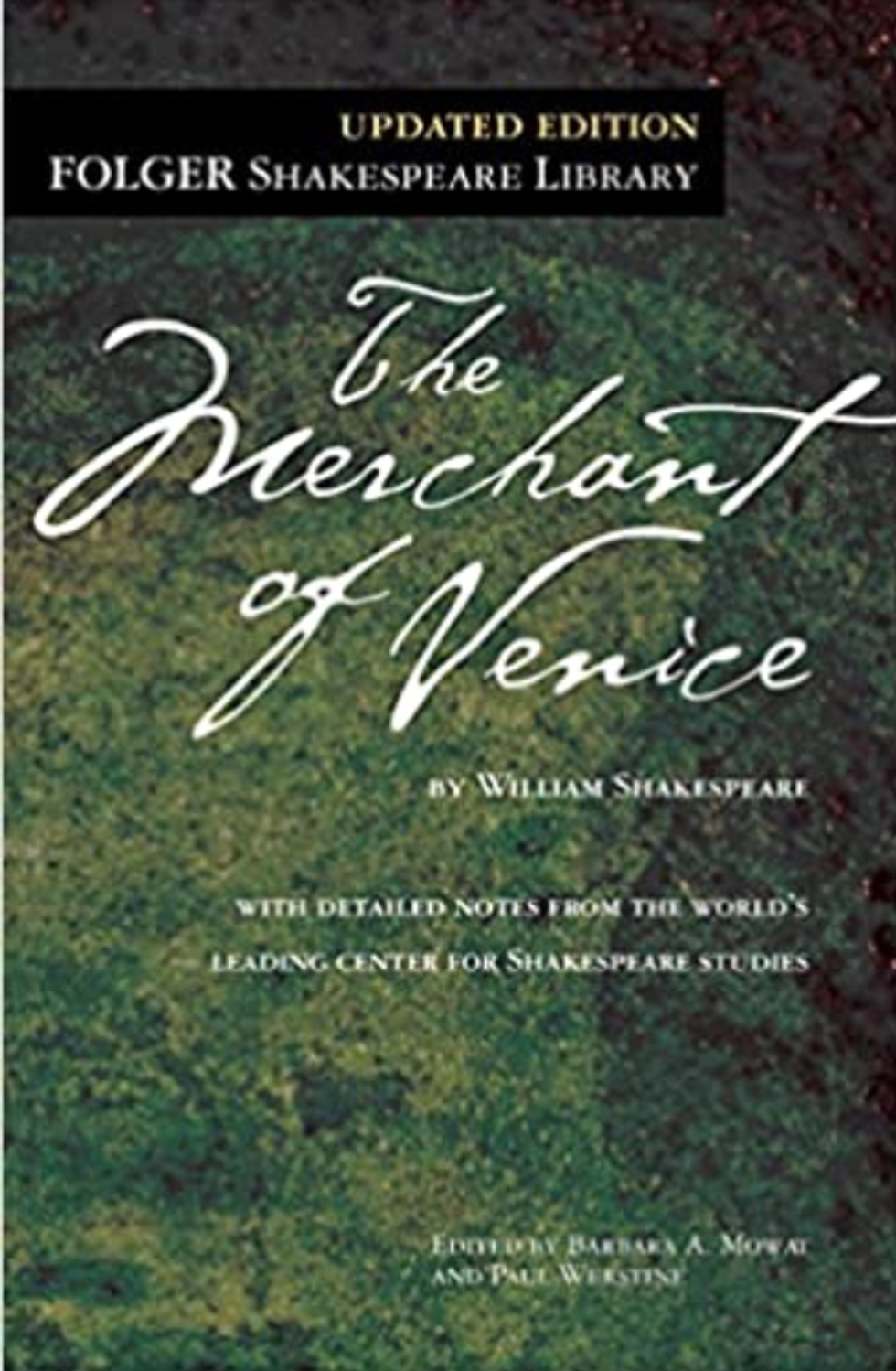
Though this isn't one of Shakespeare's more popular works, it is undoubtedly my favorite. In less than 200 pages, Shakespeare highlights ideas of mercy and justice with a few love stories thrown in, of course. I can't say much more without spoiling it, but it does have a much happier ending than Romeo and Juliet.
"Hamlet" – William Shakespeare
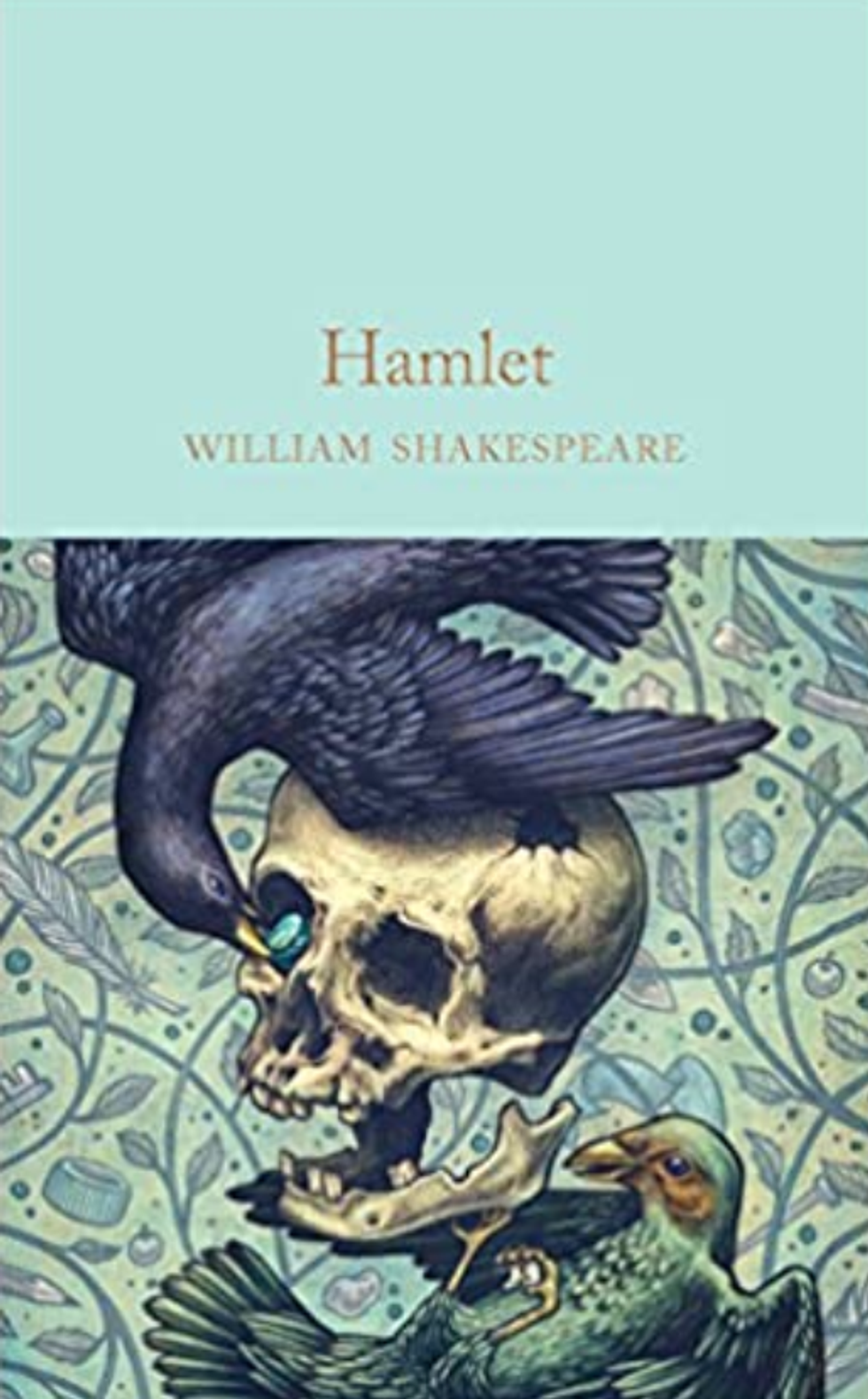
Coming as a close second to the Merchant of Venice is Hamlet. Hamlet tells the tale of a man who is driven to the point of insanity not by actions of his own but by the immorality and cruelty of those he is surrounded with. Shakespeare takes a beautiful, haunting tone when describing Hamlet's descent into madness. Though a bit longer than Merchant with 500 pages, Hamlet is well worth the read.
"Fahrenheit 451" – Ray Bradbury
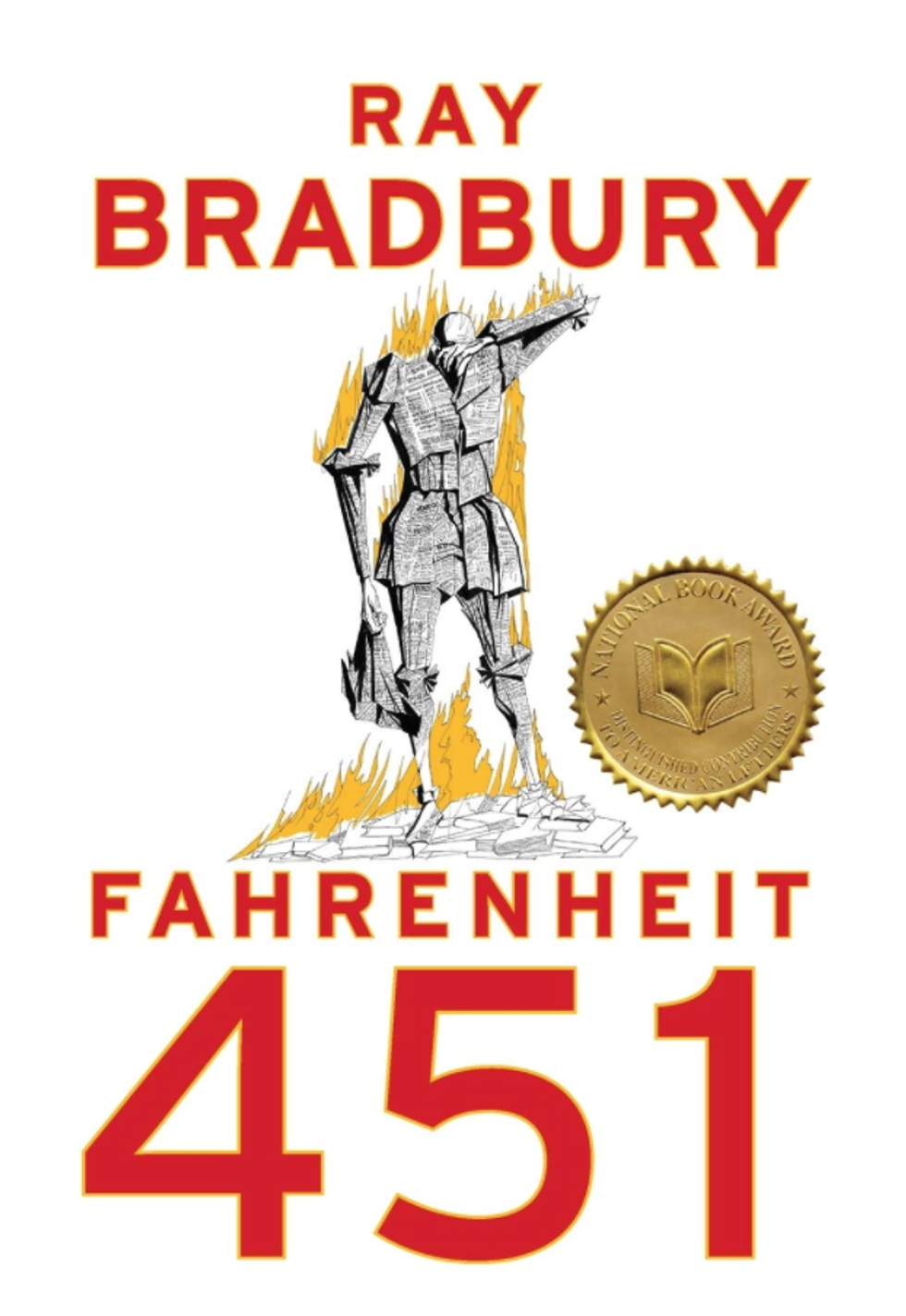
"It was a pleasure to burn." Fahrenheit 451 tells the tale of a future America where books are banned and burned by firemen hired by the state. The story emphasizes the extreme importance of knowledge and literacy, as an ignorant society is one that can be easily manipulated. In the words of Thomas Jefferson, "If a nation expects to be ignorant and free, in a state of civilization, it expects what never was and never will be.
"To Kill A Mockingbird" – Harper Lee
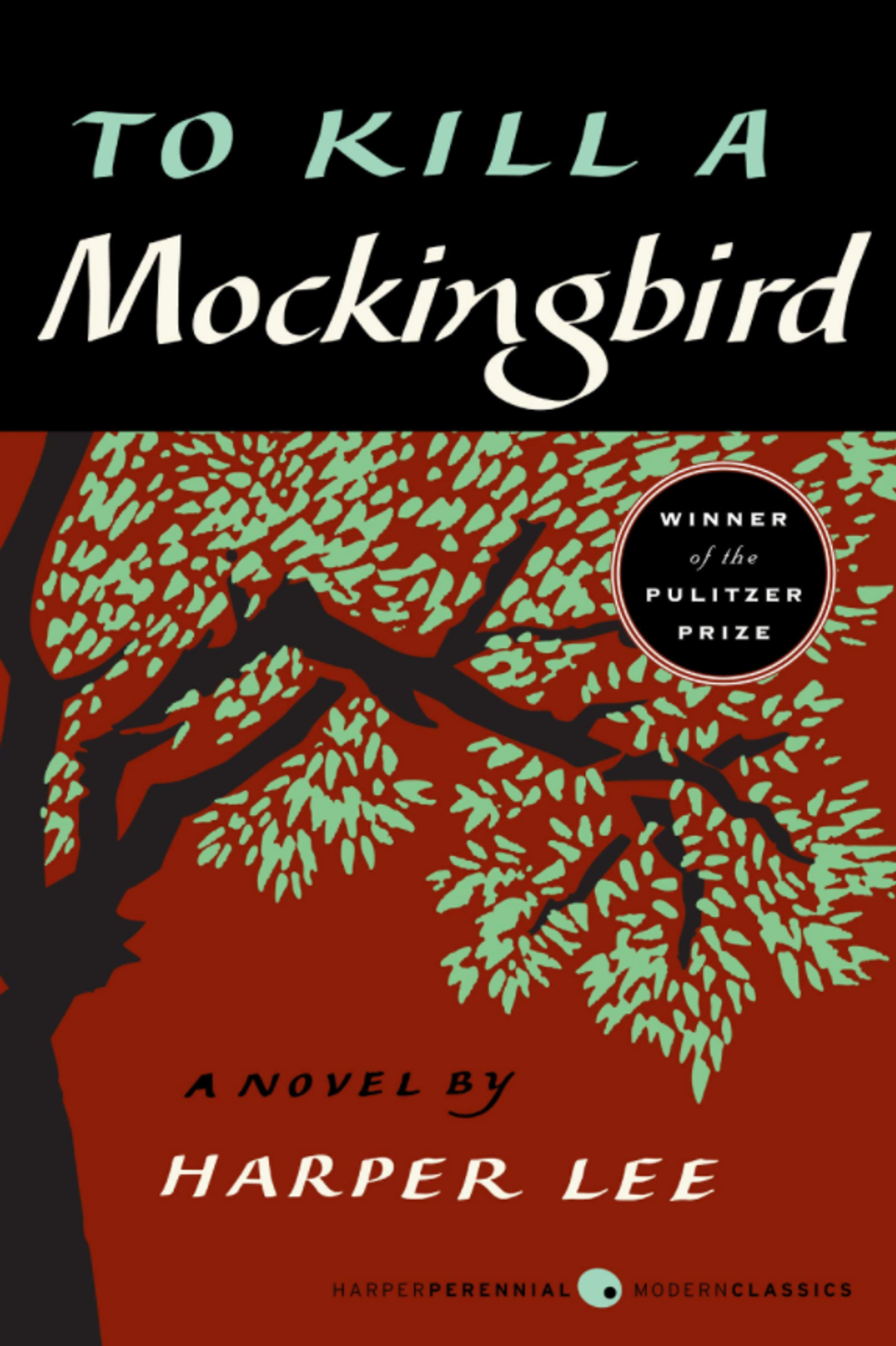
Though most of you probably read this in high school (I hope), it is definitely worth a reread. Beautifully written, To Kill A Mockingbird paints a graceful portrait of Alabama in the 1930s while incorporating elements of childlike innocence from the narrator, young Scout. The slow, friendly nature of the South is contrasted with the brutal racism present in the judicial system. Still, figures like Atticus bring hope and foreshadowed the America we know today.
"Mere Christianity" – C.S. Lewis
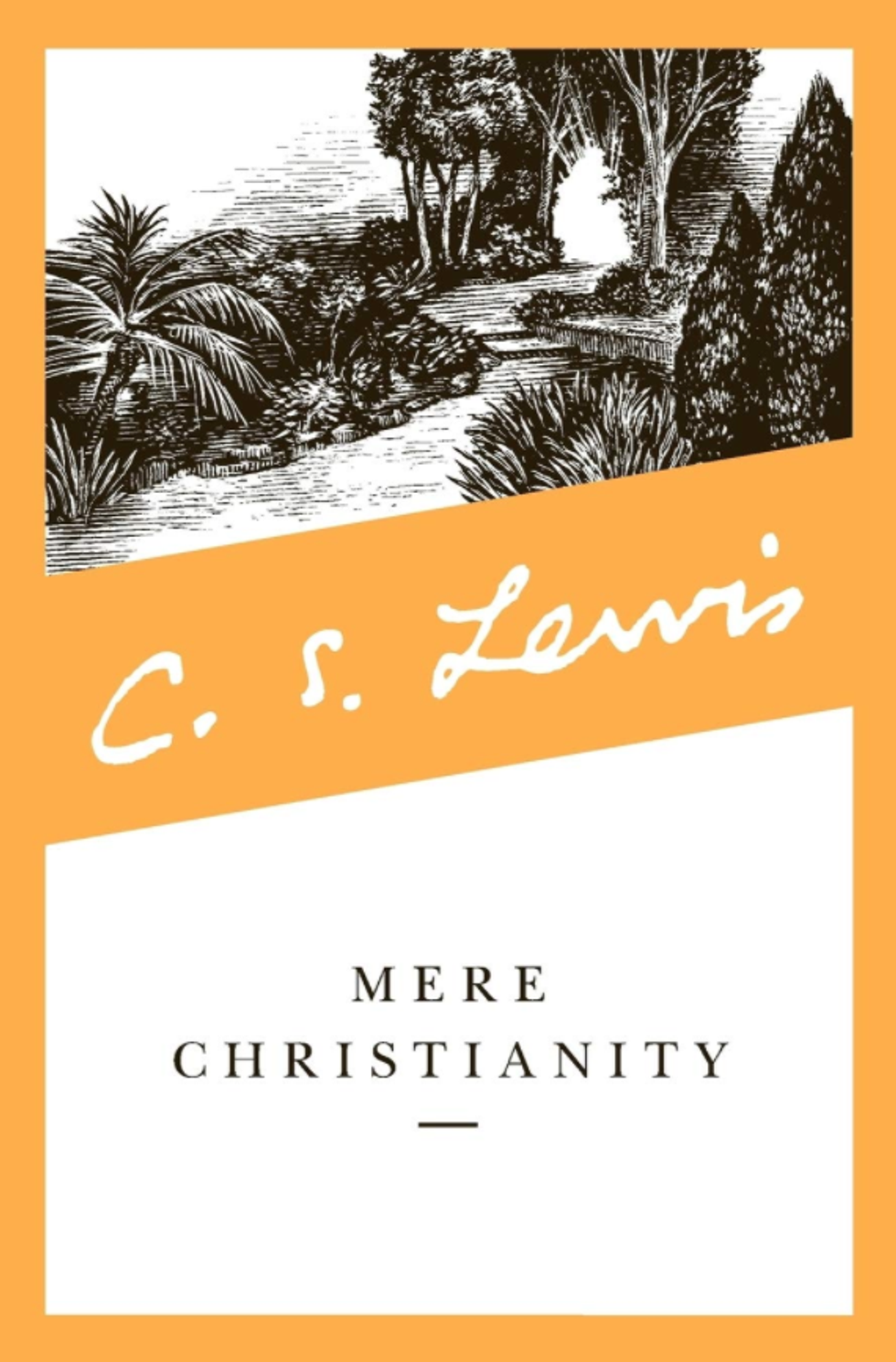
If you are at all interested in Christianity or religion in general, read this book. Even if you aren't but are open to learning about God-read this book. Lewis explains his transformation from an atheist to a believer. The pages are filled with his own theorizing and essentially proving the existence of God and Christ.
I know several people who were hardcore atheists and after reading this book came to believe. Lewis did the world a great service by publishing this book and spreading the Word of God.
"The Shining" – Stephen King
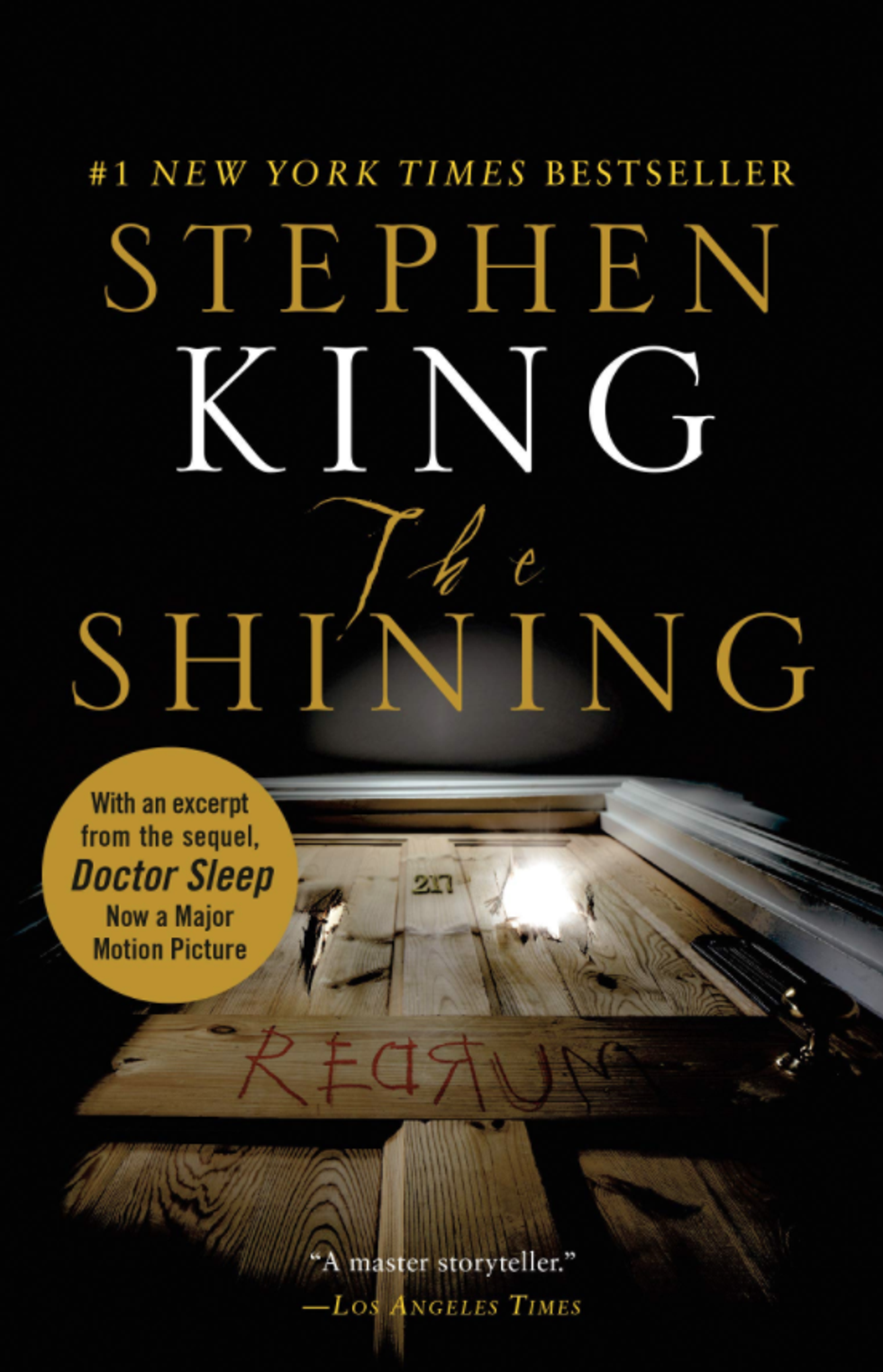
In contrast to The Stand, The Shining is a mere 450 pages! It is also a horror story as opposed to a dystopian novel. The Shining tells the story of a family who has moved into a hotel that has supernatural forces. The child, Danny, possesses the shining, a psychic gift that allows him to see the hotel's gruesome history. Even if you have seen the movie, give this book a shot.
"Crime and Punishment" – Fyodor Dostoyevsky
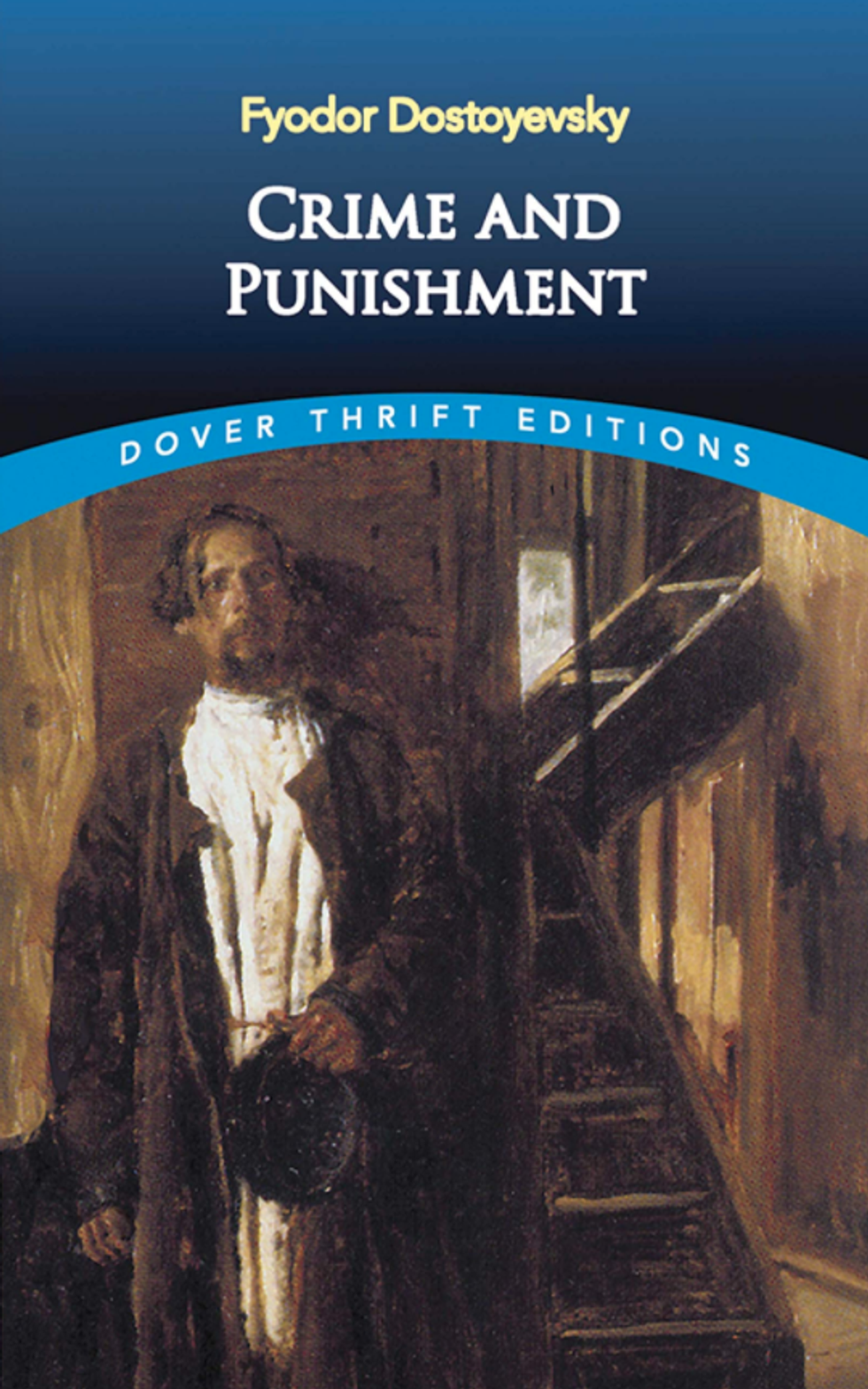
Finally, here is the book that I am currently reading.This novel explores ideas of morality, justice, and right and wrong. It follows the main character Rodion Raskolnikov's struggle between his selfish desires and inherent knowledge of what is right. At just under 600 pages, this one should keep me occupied for a little while.




 Energetic dance performance under the spotlight.
Energetic dance performance under the spotlight. Taylor Swift in a purple coat, captivating the crowd on stage.
Taylor Swift in a purple coat, captivating the crowd on stage. Taylor Swift shines on stage in a sparkling outfit and boots.
Taylor Swift shines on stage in a sparkling outfit and boots. Taylor Swift and Phoebe Bridgers sharing a joyful duet on stage.
Taylor Swift and Phoebe Bridgers sharing a joyful duet on stage.








